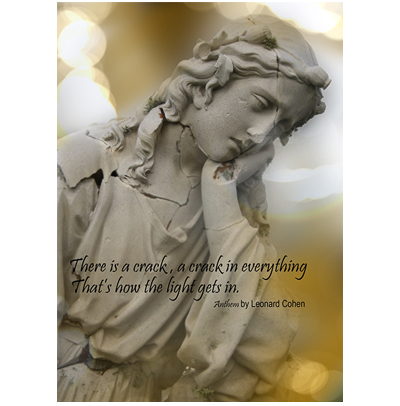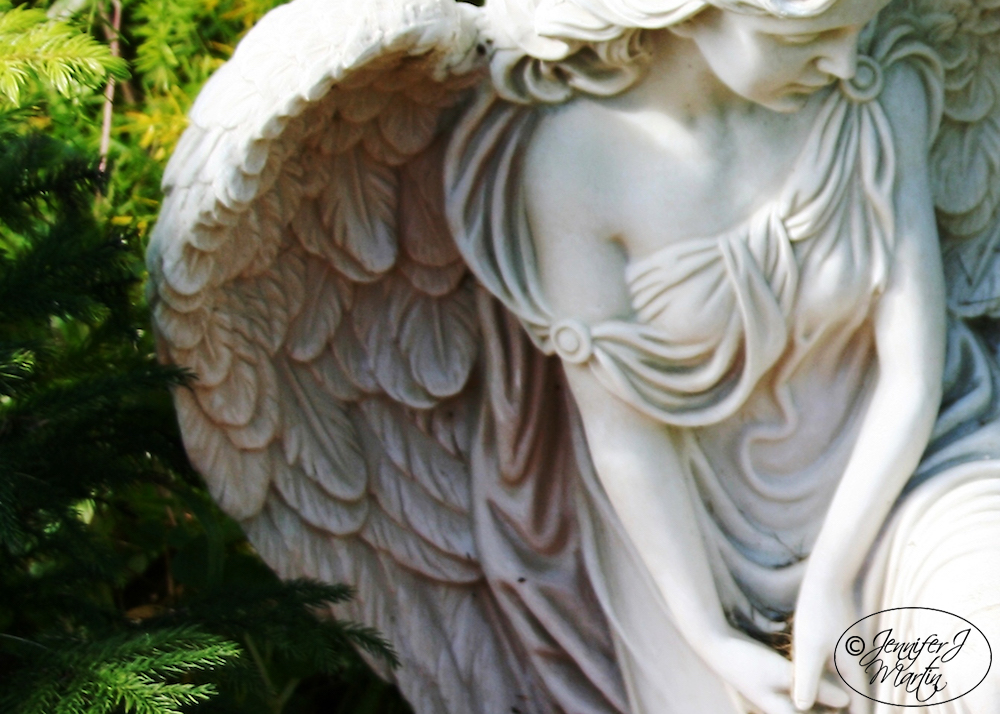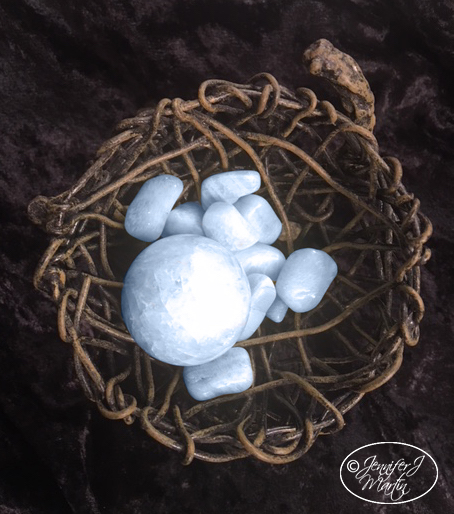“Stir muddy water and it will stay cloudy.
Leave it alone, and it will become clear.
Let the stream flow and it will find its way
Stop chasing contentment and it will come to you.”
-Tao TeChing
In less than an hour it would all be over. the oxygen in the car would be displaced by the carbon monoxide gas, depriving Victor’s lungs of the air needed to sustain his breathing. His choice of self-deliverance to God would be fulfilled. No more worries about his indebtedness or how he would tell his wife, no more quarrels with his business partners over floundering ventures, and no more doubts about whether his marriage was failing. Beyond his last breath lay Victor’s new world, silent and unknown, but a journey he had meticulously planned and embarked on without fear.
Victor finished writing his suicide note: “I do not want a funeral or memorial service. Cremate my body and scatter my ashes where the two forks of the creek come together on the old Indian reservation. I know I have had happier days there in another lifetime.” He signed the note, “Love, Victor,” folded it and slide it into a business-size, white envelope. On the outside of that envelope, he wrote his wife’s name, Peggy.
He switched on the bedroom lamp on Peggy’s side of the bed and propped the envelope up on the bedside table. He exited their hacienda-style, California dream house through the kitchen door into the back courtyard. He passed the sun-glistening water of the swimming pool, turned left down a stone walkway lined with tropical patio plants, and entered the silent, cool, darkness of the garage.
Earlier that day he had prepared the Ford Explorer parked in the garage. Using a section of the swimming pool vacuum hose, he had taped it up under the rear of the car so that the exhaust fumes would enter through the back interior of the vehicle. Another note in all caps — PEGGY, DO NOT ENTER. CALL THE POLICE — was taped to the outside of the garage door.
Victor lowered and locked the garage door and walked to the driver’s side of the car. He removed his glasses and laid them atop an antique, three-tier mahogany table stored alongside the car. Pulling the car door shut, he turned the key in the ignition. He slid across the leather front seat to the passenger side where he closed his eyes and waited for death to come.
It was near dusk when Peggy left her volunteer job at the church bookstore. Bold colored bands of red and violet layered the sky as she exited off of Interstate 5 and drove the few miles home. She pulled into the driveway and parked her car alongside the two cars that she recognized as those of Victor’s business partners. Probably another meeting going on, she thought as she entered the house. Inside, Peggy found the senior partner pacing the living room floor.
He spoke first, “Where the hell is Victor?”
“Yeah, we haven’t heard from him all day,” said the younger partner, seated on the sofa.
Moments later in the soft shadowed light of the bedroom, Peggy found the note.
Outside, both Victor’s partners stood fixed in the driveway as the soft humming sound of the car engine was heard from inside the garage, a sound that pierced the quiet of the night as deeply as Peggy’s guttural screams. Neither man spared her from the soul-ripping experience of finding Victor dead in the car.
It was midnight in Texas when she called to tell us of Victor’s suicide. “I was too late,” she cried softly.
In the days that followed, Victor’s body was cremated and Peggy struggled with the reality of his suicide — a betrayal of their lives together and their love. We spoke often over the next six months. She called me for advice. I understood her pain — my only child had died two years earlier. We talked about grief as a spiritual journey, a path not of our choosing, but one we both had to follow to heal our pain.
Seven months after Victor’s death, Peggy decided she was ready to scatter his ashes. She asked for my assistance because she felt she could not do it alone. I arrived in California on a Tuesday. A small gathering was planned for the following Saturday — a ceremony of release. Peggy had invited six of her women friends to participate. Victor had been their friend as well.
The days of that week were some of the most spiritual I have known. Peggy and I spent quiet mornings and lingering evenings talking of love, loss and the process of growth connected to those pieces of our lives. Each morning I would awaken early and watch the sun rise behind the silhouette of pyramid-shaped peaks. From the vantage point of the deck that wrapped around the mountain-top home, I watched as two hawks circled the house and glided effortlessly above the expansive canyon that lay below. The hawks came every morning and evening.
The morning of the ceremony, Peggy walked alone to a meadow. There she sat on a great and craggy boulder to see the signs, to ask and to listen. She picked wildflowers and loosened bark from a eucalyptus tree. Returning home, she arranged the flowers and bark on a glass-topped coffee table next to the crystal bowl that contained a portion of Victor’s ashes. Already placed were mementos of their shared lives: a fountain pen she had given Victor for Christmas, photographs of Peggy’s three grown children, a soapstone figure of a mother and child, a piece of driftwood, a photograph of Peggy, and a rainbow-colored bird feather.
Gently, she touched her fingertips to the outside curve of the bowl which contained Victor’s ashes, as if to embrace him. This would be the altar we would use for our ceremony of release. Shortly after noon, everyone had arrived. We each found a place on the floor and formed a circle. Stories from the heart’s of these women — that’s where the words came from as each one spoke.
The daily visits from the two hawks and my interest in Native American spirituality had influenced my writing that morning. I read to the group from my journal:
“Peggy, the mantle of your physical beauty cascades off your shoulders and envelops me. Your grace would defy the blade of a sculpture or an artist’s brush on canvas. If you were an animal spirit, you would be known as hawk. Through your keen sight, you would know and teach discernment. Hawk is the observer of her world. She sees the totality of the sacred space over which she flies. Hawk uses her great wings to carry her to places of her choosing. she glides on the thermals when she feels the need for support. Remember, my friend, there is solitude in flight, but the act of flying does not separate you from your vision. Fly the four directions of the wind. Know the north, south, east and west. Carry with you always the medicine bundle of illumination which comes from the east. In meditation this morning, I received a spirit name for you — a gift. Your spirit name is Peggy Grace Hawk.”
The circle sharing and meditation concluded. Soon, we were all seated outside on the deck, warmed by the sunshine and conversation. Suddenly the sound of breaking glass echoed through the open doors of the house, and the soft murmur of voices stopped abruptly. “Probably the cat knocked something over,” I said to the red-haired woman seated next to me.
“I’ll go see,” she replied.
Moments later, with a dazed expression on her face, the red-haired woman exited the French doors from the living room. “Come in here. You are not going to believe this.”
Inside we all stood in a half circle around the glass-topped coffee table, each of us in shock and disbelief at what we saw. The thick crystal bowl containing Victor’s ashes had broken.
“I don’t believe this,” I kept repeating.
Jane, the California healer, stood staring at the shattered bowl and said, “Five pieces, six, including the bottom. In numerology, five is the number for change; six is the number for healing.”
Peggy stood next to me, tears filling her eyes. “I asked him for a sign this morning — a sign to tell me when it was time.”
“Asked who?” I said.
“Victor,” she replied, “I asked him for a sign to tell me when it was time to scatter his ashes.”
The room was silent as each of us tried to absorb the reality and non-reality of this. There was no logical explanation. We accepted it as a communication that we had accomplished what we had set out to do — heal and release Victor’s spirit.
Only three of us would go to the site of the old Indian reservation: the healer woman, Peggy and I. It was nearing five o’clock when we loaded a small shovel, a box containing the crystal bowl shards and a small box that held Victor’s ashes into the trunk of Peggy’s car. Within thirty minutes, we arrived at our destination, pulling of onto the shoulder of Interstate 5 next to a drainage culvert.
Peggy instructed that the only access to the old Indian reservation was through this drainage culvert that descends and narrows at the opposite end. Shovel in hand, I followed as Peggy and the healer woman entered the shadowy opening of the galvanized metal drainage culvert. The light around us dimmed and we lowered our heads as the drainage pipe gradually diminished in size. Moments later we crawled out the end of the pipe and into the sunlight onto a dry, sandy bed of small rocks and twigs
Carrying Victor’s ashes, Peggy led the way toward the creek bed.
Jane, the healer woman, carried the box containing the crystal bowl fragments. “When crystal breaks like this, she said, “It’s best to return it to the earth.”
We dug a deep hole and buried the bowl shards and placed large rocks on top of the hole. We stood in a circle as Jane said some prayers. Peggy held the box containing Victor’s ashes close to her chest. Tears trickled down her face as she whispered, “Goodbye man of my heart.” Peggy walked along the edge of the creek. Access to the fork was blocked by thick, tall growth. She placed the box of ashes on the ground and pulled at the waist high weeds in her path. The thicker ones, she flattened and bent with her feet. Finished, she turned to me and with a slight smile said, “This is the spot. This is where the two forks come together.”
She moved now in slow, deliberate motion. She stepped free of her shoes and gently allowed her bare feet to slide into the sandy creek bottom. There she crouched and released some of the ashes from the bag. the flow of the water carried them downstream. Again and again, she released a measure of the ashes.
She turned her head toward me and with the wonderment smile of a child said, “Look, it’s not clouding the water. It’s running clear. the water is still clear.”
Victor released himself from this physical world, much as a hawk releases a feather from its wing — in silence. Through Peggy’s inner work and with the blessings of passing days and years, she would come to understand her husband’s death as a gift — a gift that requires great courage even to hold, much less to open.
Coping with Victor’s suicide would like be the greatest challenge my friend would face in this lifetime. This inner journey would forge her into a stronger woman. She would become an individual who embraced her pain and conquered it, a person who, in the years to come, would become a living legacy of love, acceptance and letting go.
The day that Peggy Grace Hawk walked out of the creek bed on the old Indian reservation, I knew she would have all the courage she would need to transcend her pain, for she had released her husband’s spirit in the same way she had loved him —with all her heart.
The morning I left for Texas, the hawks came, as if to say goodbye. Later, I would learn from Peggy that they did not come again to the mountain-top home after that day.
(Originally published in Grief Digest magazine)






